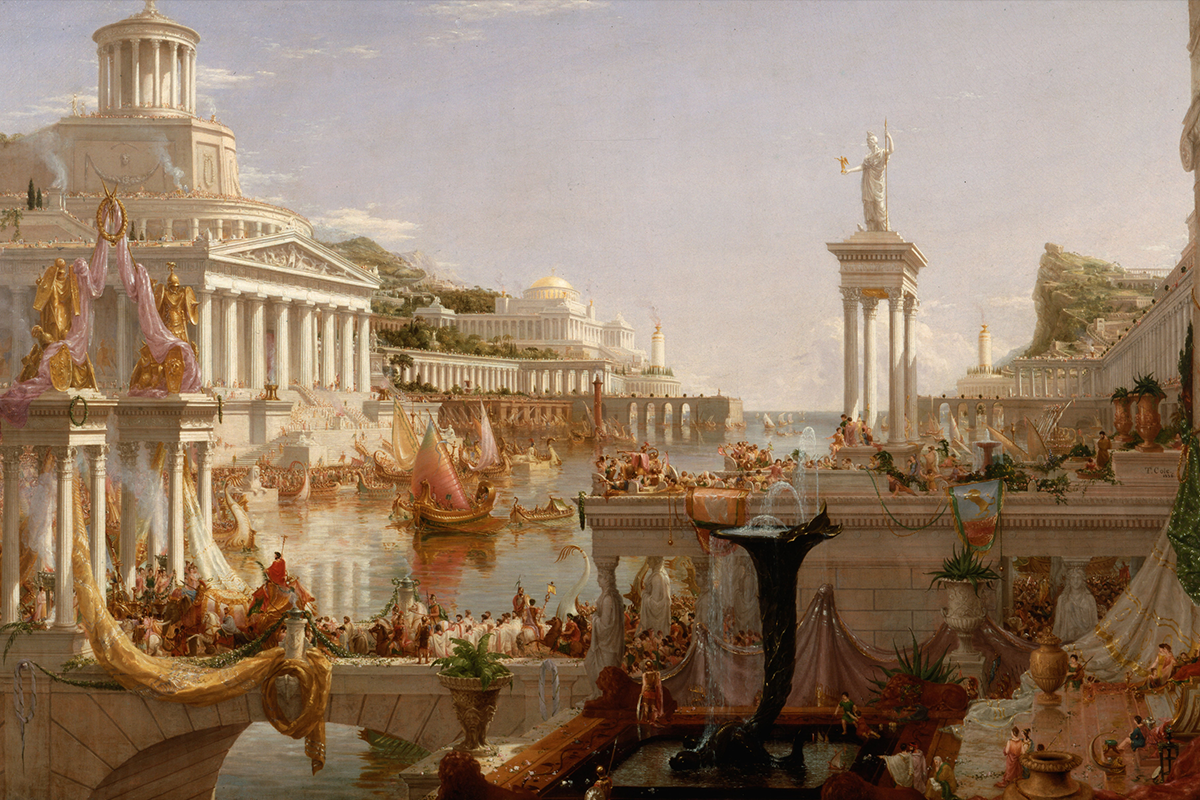A common practice among all cultures is to inform their young men what is expected of them, then instructing them on how to positively participate in their society.
In the past, they learned this through traditions like a rite of passage, which prepared them for the societal duties they had to live up to and the special privileges they were to receive.
In Ancient Rome, for instance, once a boy turned 15, he donned the toga, symbolising his maturity to manhood. But for them, it finally meant that they were a Roman citizen.
Being a citizen had a powerful status because they had access to rights and benefits that few had in the world. Yet, it wasn’t free. It came with responsibilities.
To ensure its survival, Rome needed the men to protect it. As such, the young men had to go into the military. However, few evaded this obligation because of their strong loyalty.
In the military, they learnt how to fight, how to conduct themselves, and the value of discipline. All of which contributed to making them and their society better. But that wasn’t all.
As men of Rome, they were expected to live up to the manly virtues, such as bravery, strength, dignity, and other traits that displayed high moral worth.
After all this training, it became clear to them that the toga was not a reward. Instead, as they put it on every day, it served as a reminder of what was expected of them.
Cicero himself eloquently wrote in his essay, On Friendship,
“To be, rather than to seem.”
The Romans determined that you were a man of worth by the sincerity of your good deeds, not by what you pretended to be. And this same principle applies today.
You are not what you display on social media; nor are you the persona you present in front of others. Instead, the value of your character is determined by the quality of what you do.

